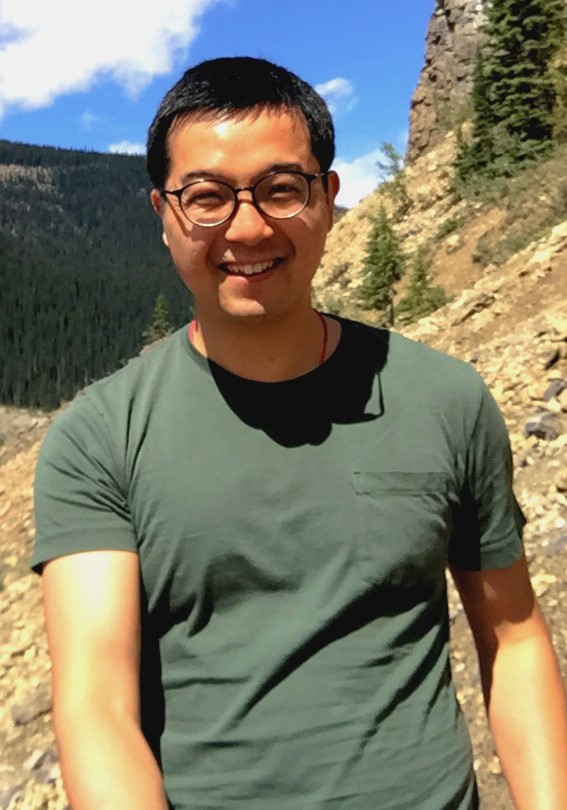Deep Learning with Quantum State Fidelity and Beyond
Remarkable progress has been achieved in deep learning-related systems
and applications. In the post-Moore’s Law era, however, the limit of
semiconductor fabrication technology and the increasing data size have
slowed down the development of learning algorithms. In parallel, the
rapid development of quantum computing has pushed classical system
designs into a new era. We propose novel architectures with
quantum-state-fidelity-based evaluation functions to train deep
learning models. The new designs encode the data with a reduced number
of qubits and generate the quantum circuit, pushing it to the quantum
machines for the best states iteratively. We conduct intensive
experiments on both quantum simulators and the IBM-Q quantum platform.
Additionally, we compare IBM-Q results with IonQ as they are the two
leading qubit implementations for quantum information processing at
scale and have complementary characteristics. Finally, we will discuss
the challenges and opportunities to develop quantum-based systems and
applications further.
Date and Time
Location
Hosts
Registration
-
 Add Event to Calendar
Add Event to Calendar
Loading virtual attendance info...
- 323 Dr Martin Luther King Jr Blvd
- New Jersey Institute of Technology
- Newark, New Jersey
- United States 07102
- Building: ECEC Building
- Room Number: 202
- Contact Event Host
-
tao.han@njit.edu
- Co-sponsored by Electrical and Computer Engineering Department, New Jersey Institute of Technology
Speakers
 Dr. Ying Mao of Fordham University
Dr. Ying Mao of Fordham University
Deep Learning with Quantum State Fidelity and Beyond
Remarkable progress has been achieved in deep learning-related systems
and applications. In the post-Moore’s Law era, however, the limit of
semiconductor fabrication technology and the increasing data size have
slowed down the development of learning algorithms. In parallel, the
rapid development of quantum computing has pushed classical system
designs into a new era. We propose novel architectures with
quantum-state-fidelity-based evaluation functions to train deep
learning models. The new designs encode the data with a reduced number
of qubits and generate the quantum circuit, pushing it to the quantum
machines for the best states iteratively. We conduct intensive
experiments on both quantum simulators and the IBM-Q quantum platform.
Additionally, we compare IBM-Q results with IonQ as they are the two
leading qubit implementations for quantum information processing at
scale and have complementary characteristics. Finally, we will discuss
the challenges and opportunities to develop quantum-based systems and
applications further.
Biography:
Dr. Ying Mao is an Associate Professor in the Department of
Computer and Information Science at Fordham University in New York
City. Currently, he serves as the department's Associate Chair for
Undergraduate Studies. Previously, he received his Ph.D. in Computer
Science from the University of Massachusetts Boston. His research
interests broadly lie in the fields of high-performance computing
systems and resource management. More recently, he investigated
quantum-based systems, applications, and their optimization problems.
Address:United States

